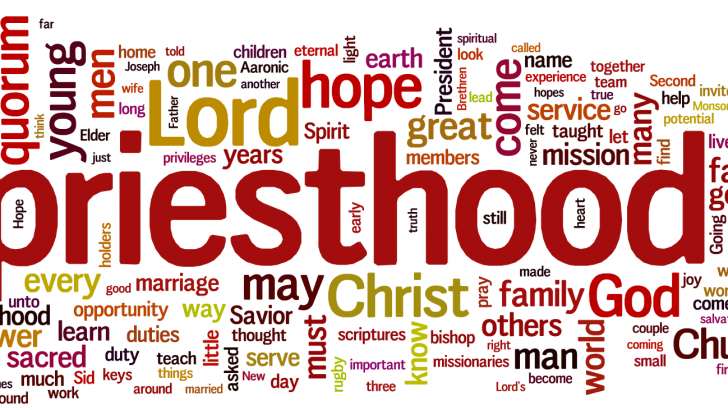Priesthood has, in a sense, been lost in a fog of a desire to promote the universal call to holiness
One of the fruits of the Second Vatican Council (1962-65) was the restoration in the western part of the Catholic Church of the permanent diaconate.
Permanent deacons have always been a feature of the eastern rite Catholic Churches, but died out as a ministry in the West. Vatican II sought to breathe new life in to this restored ministry.
The permanent diaconate was welcomed in the 1970s with varying degrees of enthusiasm. In the US, for example, the Church embraced the ministry and married men were quickly trained and ordained and are today a vital part of the Church’s ministry there.
To say that the Church in Ireland was less enthusiastic would be an understatement verging on the ridiculous.
It wasn’t until the early 2000s – probably as a response to the vocations crisis – that the hierarchy here sought Rome’s permission to restore the ministry of permanent deacons. In 2007, ‘norms’ for the formation of permanent deacons were published and many Irish dioceses have embraced the ministry.
In 2012, the Dublin diocese made some history by becoming the first Irish diocese to ordain permanent deacons. From that point forward, dozens of men – the vast majority of them married – have been ordained permanent deacons and now preach at Masses, baptise children, solemnise weddings and officiate at funerals.
It’s been a bit of a learning curve for many parishes, but – where it has been implemented – there has been a broad welcome for the ministry amongst parishioners (though many priests are much more reticent).
One of the remarkable things about the reinstatement of the permanent diaconate, has been the fervour with which dioceses and vocations promoters have been eager to promote an awareness of the call to the permanent diaconate. And, indeed, many men have found a great sense of fulfilment in exercising the ministry.
Since 2012, the Dublin diocese has ordained 30 permanent deacons. By my count, the diocese has ordained only five priests in the same period – that means that six times the number of permanent deacons have been ordained compared to priests in the country’s largest diocese.
That represents a huge energy around the permanent diaconate.
It is notable that many dioceses have put a lot of time, effort and resources in promoting the permanent diaconate.
Energy
Have these same dioceses spent the same amount of energy on promoting the call to priesthood and its value as a vocation?
In some cases, the answer is almost certainly ‘no’. So, the question becomes ‘why?’
Why is it that the Church can muster laudable enthusiasm around the permanent diaconate, but not seem to have the same momentum around vocations to the priesthood?
The hierarchy has announced that there is to be a special focus on promoting vocations to the priesthood during 2017, this is heartening. But, it must be an unashamed promotion of priesthood.
There is a vital need to promote religious life, the permanent diaconate and other forms of ministry within the Church in a creative fashion. But, not all ministries are the same. Personally, I’ve lost count of the number of vocations events I’ve attended and Vocations Sunday homilies I’ve heard that spend all their time focusing on the lay vocation.
Priesthood has, in a sense, been lost in a fog of a desire to promote the universal call to holiness. It’s a shame if we’ve lost the ability to speak about priesthood in a way that doesn’t make people who are not called to the priesthood feel alienated.
The special focus on vocations must re-find a language that can speak courageously about the distinct – and unique – vocations within the Church that is priesthood.


 Michael Kelly
Michael Kelly
